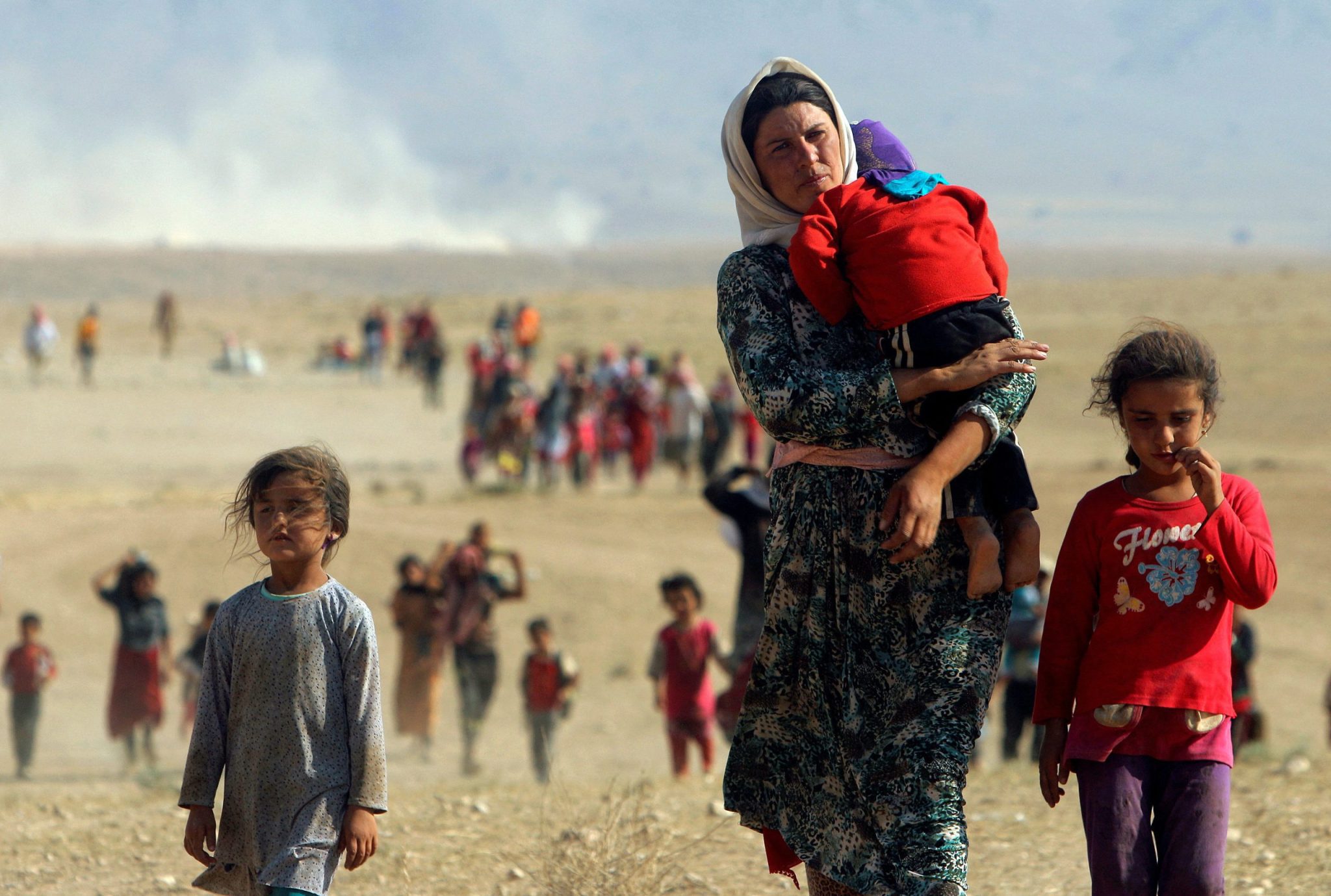Amidst escalating security concerns, Iraq makes a bold and unprecedented decision to seal its borders completely. Lt. Gen. Qais al-Muhammadawi, deputy commander of the Iraqi Joint Operations Command, disclosed this critical development to the Iraqi News Agency (INA), sending shockwaves through the region.
“In times of crisis, we must act decisively,” declared Gen. Muhammed Abdulwahab es-Suaydi, commander of the Iraq Border Forces, emphasizing the urgency of securing Iraq’s boundaries in the face of mounting threats.
This sweeping closure marks a pivotal moment in Iraq’s security strategy under the leadership of Prime Minister Mohammed Shia al-Sudani. The nation stands at a crossroads, with security forces poised for action as they await directives to fortify their defenses.
As tensions simmer along the Iraq-Syria border, Gen. Suaydi vows to bolster efforts and enhance security measures to safeguard Iraq from external threats. The strategic implications of this move reverberate far beyond Iraq’s borders, raising concerns and sparking debates on regional stability and global security dynamics.
Experts warn that while border closures may offer immediate protection, they could also isolate Iraq diplomatically and economically. The delicate balance between security imperatives and international engagement looms large as Iraq navigates this uncharted territory.
In a world plagued by uncertainty and unrest, Iraq’s decisive stance on border security serves as a stark reminder of the complex geopolitical challenges facing nations today. As the global community watches with bated breath, one question lingers: will these drastic measures bring safety or sow further discord in an already volatile region?









